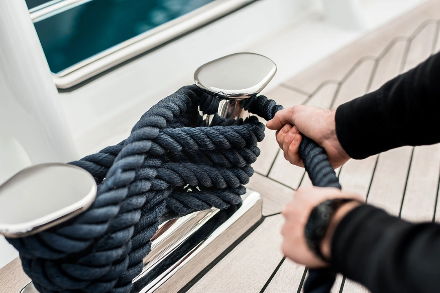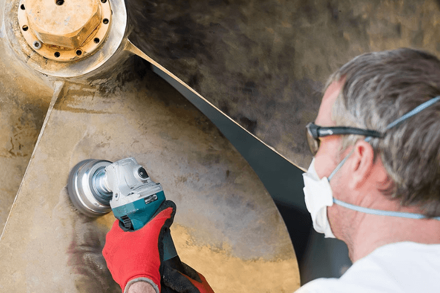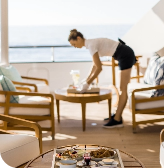
A CAREER
LIKE NO OTHER
CHART YOUR PATH TO SUCCESS
For excitement, opportunity and travel, yachting is not just a job; it can be the experience of a lifetime. Before you set sail, there are a few things to know.
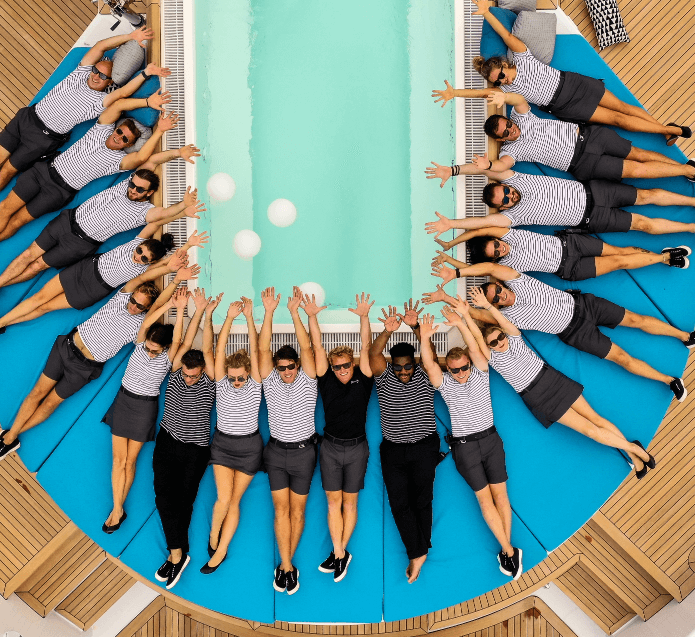
An in demand career
Roles at all levels are in demand, as a career on the high seas can also open the door to other adventures. Whether you are starting out, charting a course through your career, or moving sectors, getting started is just part of the story.
We’re here to help
Yachting is in our blood, and with decades of experience, we know what matters, what to look for and what you need to do to find your perfect role. It’s essential to register with us, but also take the time to look at the qualifications you might need.
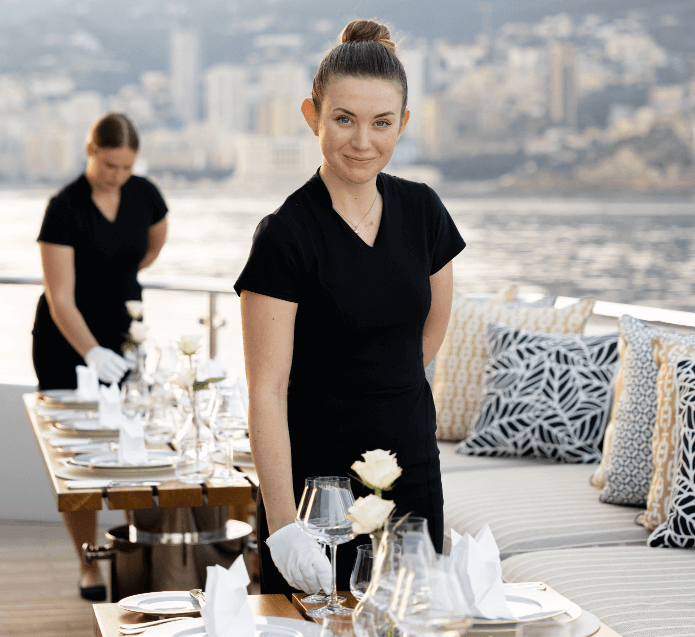
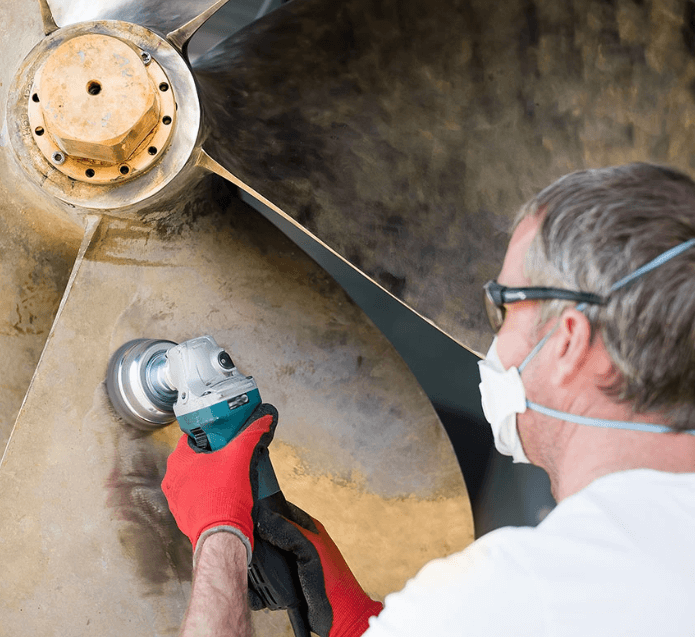
Come prepared
All crew must have a minimum of a seafarer’s medical and a basic Standards of Training, Certification and Watchkeeping for Seafarers (STCW) certificate. But there are other mandatory qualifications, too, so it pays to do your homework.
WHAT JOBS CAN I DO?
For more information, check out the career maps on the Superyacht Industry Careers website, which provide a comprehensive overview of the requirements for each position.
NEXT STEPS
GET STARTED ON YOUR YACHTING JOURNEY

IN THEIR WORDS
Working globally as a yacht chef, I have been involved with various agencies. Invariably proactive at finding the right job for me, Hill Robinson is open to constructive feedback and always available for professional service.
— SA, Personal Chef/Yacht Charters
FAQ
Accordion Heading
Content 1
